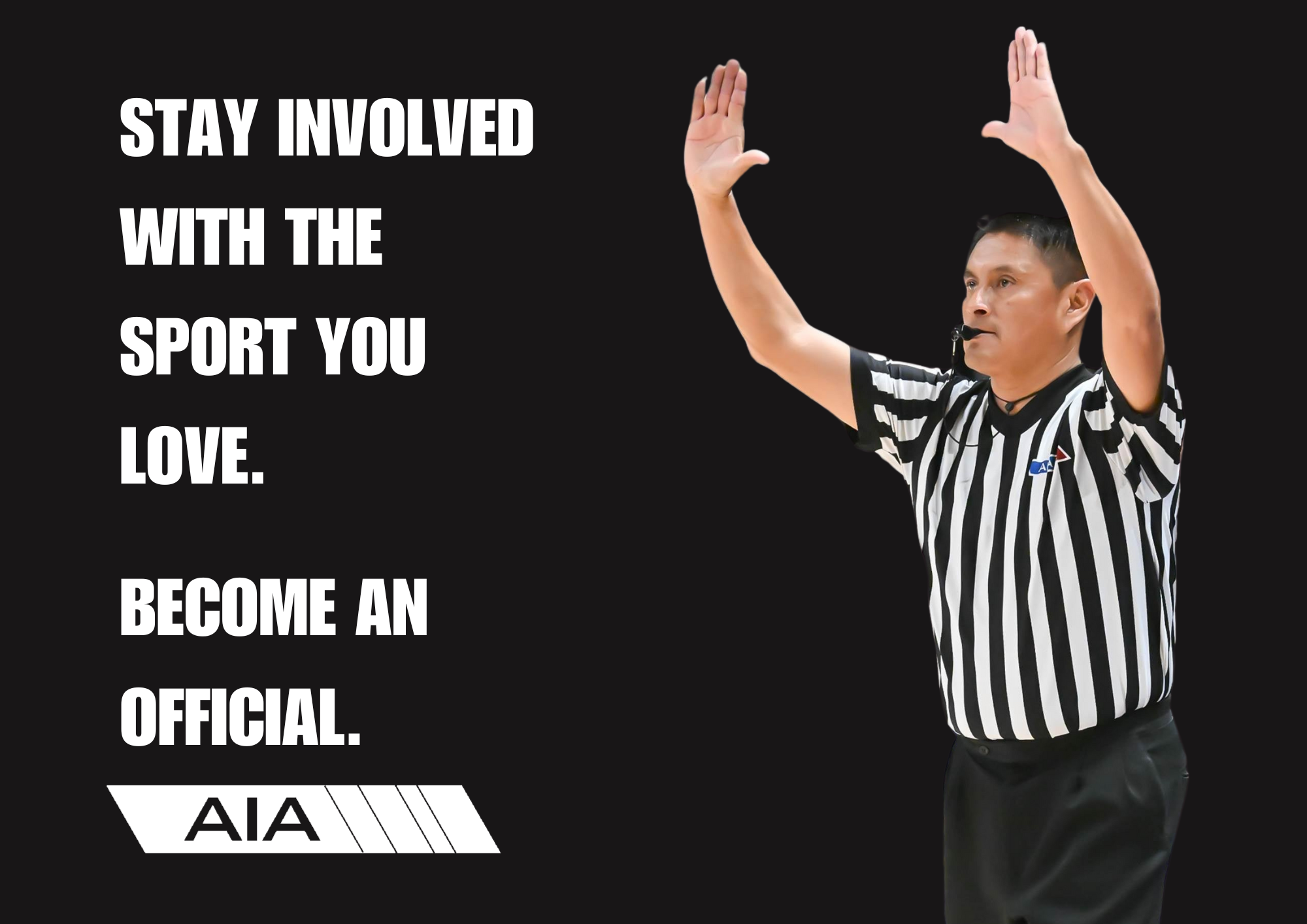Strike two for transfer rule
March 6, 2015 by Jose Garcia, AZPreps365
A proposed bylaw amendment to help curb the transferring of student athletes for athletic purposes was rejected by the Arizona Interscholastic Association’s legislative council during its annual meeting.
It’s the second time in three years that the legislative council, the AIA’s rule making body, voted down the mile radius transfer amendment (50 for metro, 150 for rural schools). This time, the council voted 27-7 Friday, with two abstaining.
Three years ago, the measure failed by just one vote.
Another amendment targeting transfers also failed to pass. This amendment wanted to clarify when a student is considered a transfer after a student leaves a school, especially during the summer.
The council dedicated most of its time to this item during its three hour meeting, but the measure also failed to reach the 24-vote total to pass.
Amendments that passed unanimously
The board adopted new hardship appeal procedures, allowing schools to appeal a hardship appeal on behalf of a student.
Below are the new rules that were adopted Friday that will replace the current eligibility appeal procedure in 15.13:
In the case of an alleged hardship, a member school may appeal on behalf of a student his/her ineligibility by utilizing the process provided in AIA Bylaw 15.14, Hardship.
In all other cases, a member school may appeal on behalf of a student his/her ineligibility by notifying the Executive Director of the appeal in writing, setting out fully and completely the basis for the appeal. The Executive Director, utilizing the authority under AIA Bylaw 7.2.3.7, shall respond in writing within a reasonable time. Should the member school disagree with the determination of the Executive Director, it may ask that the matter be considered by the Executive Board (AIA Bylaw 7.2.3.7). (Ex. Bd. 10/20/14)
---A school that cancels a contest will have to pay the opposing school a $1,500 fine in the future. Schools can appeal that fine to the AIA.
“We see this happening a minimal amount of time,” a council member said. “This will force us to communicate with each other more.”
--Instead of having just one hardship committee, conferences can now have multiple hardship committees to help expedite the process.
--Badminton players may now play singles as well as doubles during the season, within the freshmen-varsity level they play in. Badminton teams can also now compete against each other even if one team is short-handed.
Players with the same seeds must face each other during those short-handed matches.
--Division V and VI football players can now participate in 50 percent more games than their regular season schedule. For example, if a Division V teams plays 10 regular season games, players can participate in five more games at any level throughout the regular season.
If a D-VI team plays eight regular season games, a player can play in four more games.
--For medical reasons, soccer teams can only practice a maximum of 15 minutes twice a week on heading drills.
Nine of the 45 legislative council's members didn’t attend Friday’s meeting.



